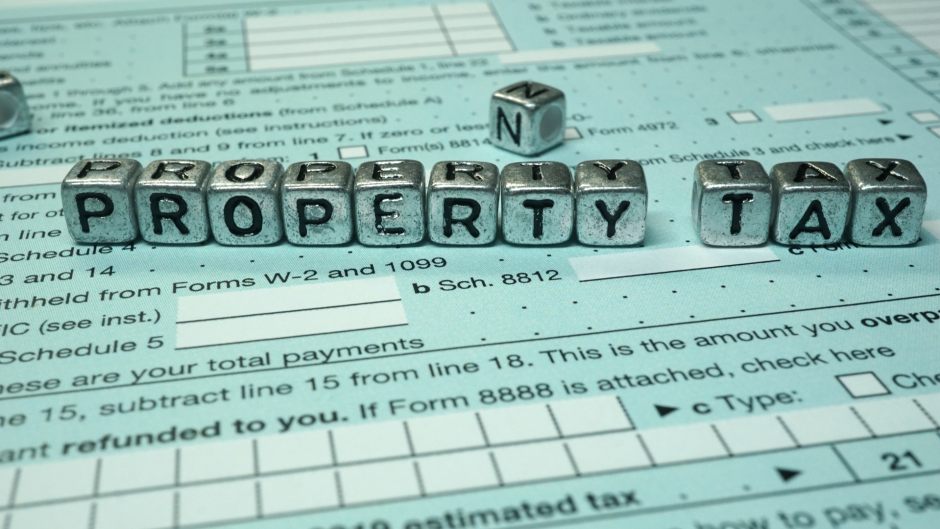Property Tax Assessment is the process by which a local or state government assesses the value of a real estate property. It means the amount of money that the local government wants to take out of the financial pie, and in return, your personal property tax bill is determined.
A Property Tax Assessment is the part of your yearly property tax bill that goes to the country to cover the cost of services such as schools, roads, and other public services. Property tax is one of the highest costs you will pay as a homeowner. While some do not pay property taxes, most property owners do. Property tax may seem just like your typical monthly utility bill, but in reality, it is a huge tax on the value of your home.
Property taxes are based on the value of your home’s taxable properties. There is no general formula included in your property tax bill, and may have different implications based on the method you have used to finance your home. On one hand, mortgages feature payments made to an escrow account to collect a portion of the monthly tax coverage payments. On the other hand, land contract taxes are made directly to the local government by the buyer. It is also noted that each county has different regulations. Since your property is assessed at the time of purchase, if you do not make any major changes to the property, you may start to notice a steady increase in your property tax bill. By appealing your property tax assessment, you not only enhance your property’s overall financial health but also create opportunities to maximize gains through tax deferral. Navigating this process can be complex, but with the right knowledge and guidance, you can make informed decisions that align with your investment goals. Consult a reputable 1031 Exchange Facilitator to ensure you’re well-equipped to optimize your property’s value and take advantage of tax-saving opportunities in your real estate portfolio.
These assessments are filed annually with county governments. Property tax assessment results are not final until the county either accepts the assessment or challenges it in court. A property tax assessment is different than a tax lien or tax deed, which is the final legal document that a court will issue after a taxpayer is issued for non-payment of the assessed amount of a tax lien or tax deed.
Appealing for the Property Tax Assessment
If you’re like most people, you’ve probably been paying taxes for the past 30 or 40 years of your life. And, you know what? You’ve paid for the schools, for the roads, and for a whole lot of other things that you’ll never see. But, what you might not know is that you can appeal your property tax assessment.
If you are seeking a larger refund from your local tax assessor, the first thing you should consider is whether the assessment is accurate. You can appeal the assessment on your own by filing an appeal statement. Within 30 days, you will receive a notice of either your assessment being upheld or your assessment being reduced. When your assessment is reduced, you can then file an appeal with the Assessor’s Office.
Helpful Tips When Appealing for Property Tax Assessment
Homeowners are more than willing to pay for property taxes, but when the tax assessor’s staff gives a devious assessment, and as the homeowner who does not have the resources to pay their tax bill and the taxes go up, you must know some tips on how to appeal the property tax properly and efficiently.
Here are the following tips:
- Work on your appeal online first. In order to appeal your property tax assessment, you need to contact your local assessment office, send them the appropriate paperwork, and request an appeal hearing. This is a fairly straightforward process, so you can try appealing your property tax assessment by visiting the state website.
- Find a good lawyer. If you fall within the margins of your property tax assessment and want to appeal it, you may need to find a good real estate lawyer calgary (or wherever you live) for handling the case.
- Check on the document that was sent to you. When submitting an appeal, you should always start by researching the property tax assessment notice that was sent to you. This can help you find errors in the amount and/or assessment of your property, as well as whether there are any special circumstances that may affect the property tax assessment.
- You need to provide data that the assessing authority may not have.
The idea behind property taxes is that it is necessary to pay for the upkeep of your community’s roads, schools, and other infrastructure. There are ways to appeal your property tax assessment, but it is difficult for the assessor to know exactly what it is you are trying to appeal. Often, it is only in the very rarest of circumstances that an assessor will have to deal with an appeal of this magnitude, but even if this is the case, there is no guarantee that you will get the full amount back.





